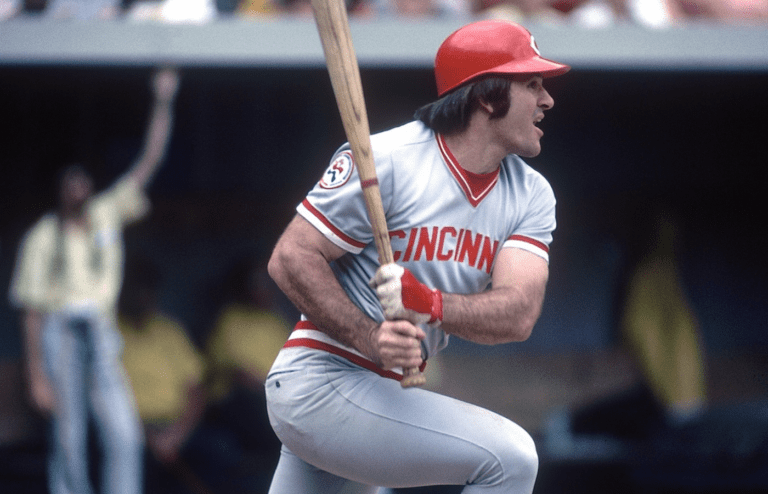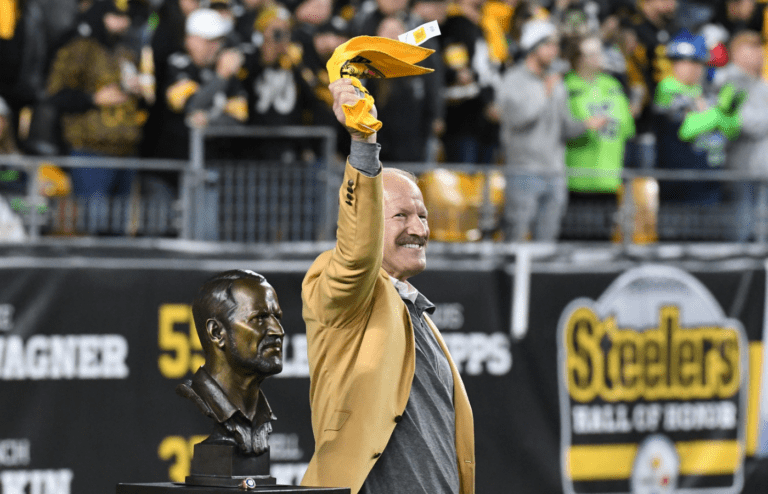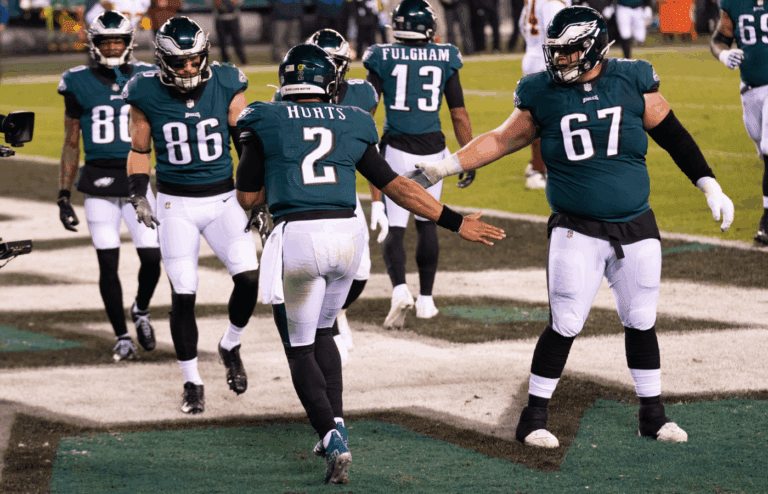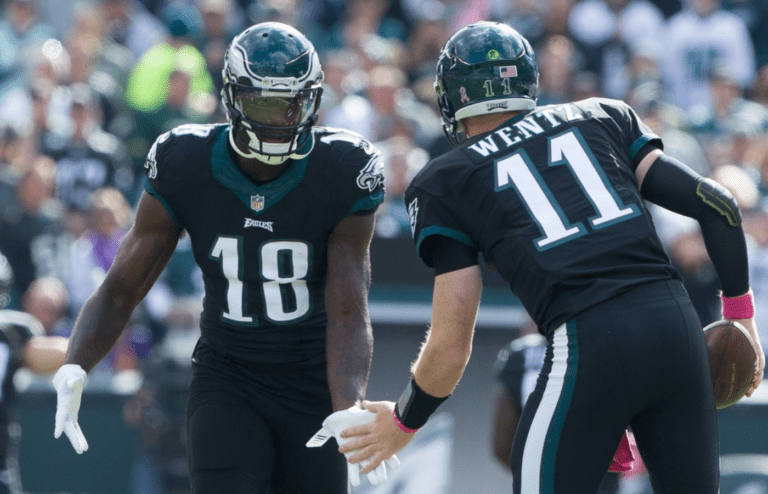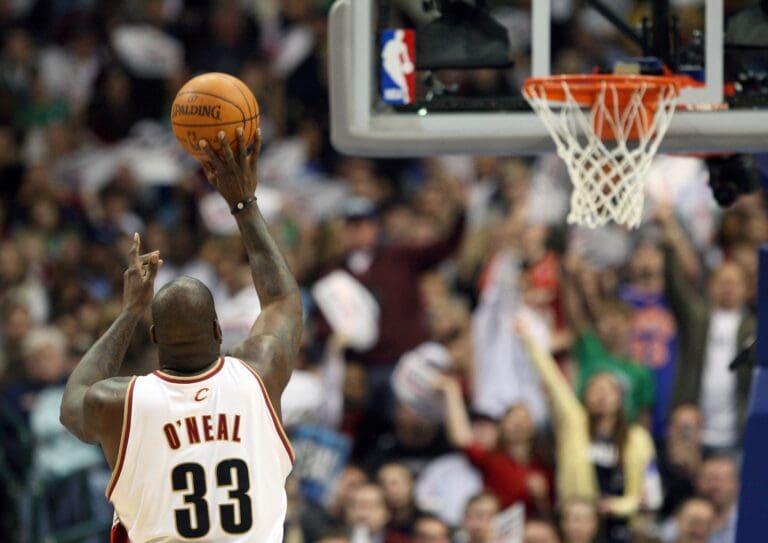Being a sports fan isn’t just about cheering for a team—it’s about belonging to something bigger. Fan loyalty runs deep, shaping identities and forging communities through a shared passion for the game. Social identity theory explains why fans don’t just support a team; they become part of it, riding the emotional highs of victory and the crushing lows of defeat.
From historic rivalries to regional pride, the psychology behind fandom reveals why the bonds between teams and their supporters are as intense as the action on the field.
The Social Identity Theory: How Sports Teams Shape Fan Psychology
Sports fandom goes beyond just cheering for a team. It’s a big part of how many people see themselves. This idea comes from something called social identity theory. When fans pick a team to support, they’re not just choosing a favorite. They’re joining a group that becomes part of who they are.
This connection can be really strong. It’s why you might see people wearing team colors even when there’s no game. Or why they feel so happy when their team wins, even though they didn’t play. For many fans, their team’s success feels like their own success. And when the team loses, it can feel personal. This deep connection explains why sports rivalries can get so intense, like these top 20 sports rivalries we ranked. Fans aren’t just defending a team – they’re defending a part of themselves.
In-Group Favoritism and Out-Group Derogation in Sports Rivalries
Sports rivalries often bring out strong emotions in fans, leading to in-group favoritism and out-group derogation. In-group favoritism refers to the tendency of fans to view their own team more positively, while out-group derogation involves negative attitudes towards rival teams. Research shows that in-group favoritism is generally stronger and more widespread than out-group derogation in sports contexts.
Fans tend to exhibit more positive behaviors towards their own team and its supporters, such as increased loyalty and willingness to purchase team merchandise. On the other hand, negative attitudes towards rival teams, while present, are usually less intense and less common. This psychological phenomenon helps explain why fans feel such a strong connection to their chosen team and why rivalries can become so heated, even when the actual competition isn’t particularly fierce.
Read More: The 11 Best Rivalries in the NFL
Emotional Investment: The Highs and Lows of Being a Fan
Sports fandom is an emotional rollercoaster that can significantly impact a person’s mood and well-being. When their team wins, fans experience a surge of positive emotions, including joy, pride, and excitement. This emotional high is often accompanied by the release of dopamine, a neurotransmitter associated with pleasure and reward. On the flip side, when their team loses, fans may feel disappointment, frustration, or even sadness.
These emotional swings can be intense, with some fans reporting that their team’s performance greatly affects their mood. Interestingly, gender differences exist in how fans experience these emotions, with male fans generally reporting stronger emotional responses to game outcomes than female fans. The depth of emotional investment in sports fandom highlights its psychological significance, demonstrating how deeply intertwined a fan’s identity can become with their chosen team or athlete.
The Role of Geography and History in Fueling Rivalries
Sports rivalries often have deep roots in geography and history. Teams from nearby cities or regions tend to face off more frequently, leading to intense competition over time. These local matchups tap into regional pride and cultural differences, making fans even more invested in the outcomes. Historical events and memorable games also play a big part in shaping rivalries. A controversial call or an upset victory can stick in fans’ memories for decades, adding fuel to the rivalry fire with each new meeting.
The longer two teams have been competing, the more chances there are for these defining moments to occur. This shared history creates a sense of tradition and importance around rivalry games that goes beyond just the current season’s standings. Fans pass down stories and emotions about rivals from generation to generation, keeping the passion alive even as players and coaches come and go.
Ultimately, the relationship between sports fans and their teams is a complex mix of identity, emotion, and tradition. Fandom is not just about supporting a team during a game; it’s an enduring aspect of one’s self-identity that encompasses loyalty, rivalries, and regional pride. Understanding the psychological underpinnings of this connection helps illuminate why sports can evoke such powerful emotions and foster deep social bonds. As fans navigate the highs and lows of their team’s performance, they are participating in a rich tapestry of personal and communal experiences, continually shaped by both history and heartfelt moments on the field or court.
Read More: The 10 Most Iconic College Football Rivalries


